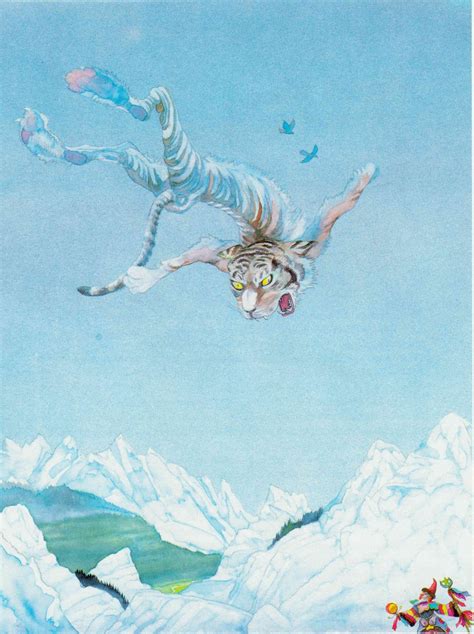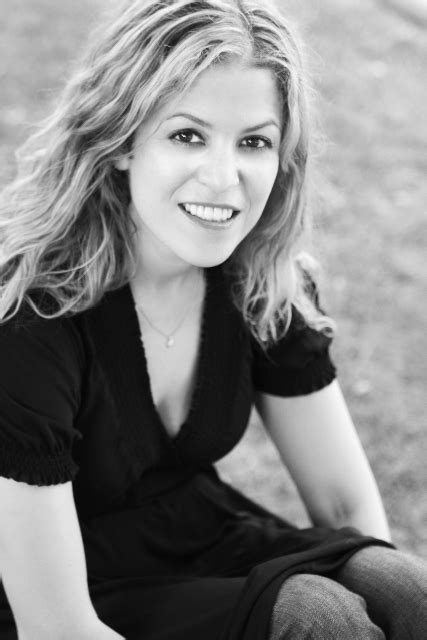A Quote by Umberto Eco
My collection of rare books concerns only books that don't tell the truth.
Related Quotes
Books were rare,expensive, time-consuming to create and copy, and difficult to transport. That is why collections ofprint-based books developed around centers of religious belief, learning, and wealth. It was cheaper andeasier for people to come to the collection than for the collection, or parts of the collection, to go to thepeople.
Only idiots or snobs ever really thought less of 'genre books' of course. There are stupid books and there are smart books. There are well-written books and badly written books. There are fun books and boring books. All of these distinctions are vastly more important than the distinction between the literary and the non-literary.
When you talk to people about the books that have meant a lot to them, it's usually books they read when they were younger because the books have this wonder in everyday things that isn't bogged down by excessively grown-up concerns or the need to be subtle or coy... when you read these books as an adult, it tends to bring back the sense of newness and discovery that I tend not to get from adult fiction.
You can tell a book is real when your heart beats faster. Real books make you sweat. Cry, if no one is looking. Real books help you make sense of your crazy life. Real books tell it true, don't hold back and make you stronger. But most of all, real books give you hope. Because it's not always going to be like this and books-the good ones, the ones-show you how to make it better. Now.
That movie [A Series of Unfortunate Events] told four books in two hours, and we have two hours per book. So we have eight hours to tell four books, and if people watch we'll get to tell more of them. There's only thirteen books, so there's only going to be two more seasons, but that allows for a lot of time to be in character and to maintain character.
I have a lot of artifacts - books on witchcrafts and talismans. I have a big, big collection of original occult books from the 1800s and 1700s, and some of the oldest books on apparitions and vampires. All original printings. It's not that I'm a crazy believer, I just find it to be amazing research material.
The current publishing scene is extremely good for the big, popular books. They sell them brilliantly, market them and all that. It is not good for the little books. And really valuable books have been allowed to go out of print. In the old days, the publishers knew that these difficult books, the books that appeal only to a minority, were very productive in the long run. Because they're probably the books that will be read in the next generation.
The books in Mo and Meggie's house were stacked under tables, on chairs, in the corners of the rooms. There where books in the kitchen and books in the lavatory. Books on the TV set and in the closet, small piles of books, tall piles of books, books thick and thin, books old and new. They welcomed Meggie down to breakfast with invitingly opened pages; they kept boredom at bay when the weather was bad. And sometimes you fall over them.







































